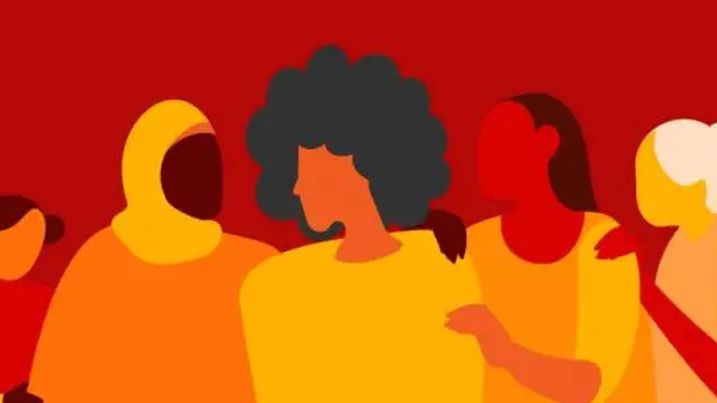Patriarchy: Our land, our women – Day 4


Se(di)ngolwa (t)sa Bibele
DIPALO 27
Baradi le bona ke majalefa
DIPALO 36
Lefa la baradi ba nyetsweng
1. The idea that sons (and not daughters) carry a father’s name and memory is evident in verse 1 where the genealogy of Zelophehad traces his roots to his great-grandfather and all the way back to Joseph (Gen 41:51). Zelophehad had died during the journey from Egypt (Num 27:3), leaving no sons to inherit land allotted to him and his brothers (Num 34:2). The names of Zelophehad’s five daughters are listed and their agency recorded as they reason with Moses that, for the sake of their dead father’s name and memory, his inheritance ought to be given to them and not his brothers.
(a) Are there incidences in your context today where sons only inherit their parents’ property? If so, why do you think this is still the case?
(b) Look at the well-thought-through reasons the daughters give (Num 27:3-4), basing their appeal on their father’s loyalty to Moses and to God. What would daughters who might find themselves in a similar situation today base their arguments on?
2. The outcome of the daughters’ appeal against their property going to men in the family is clear, “If a man dies and leaves no son, turn his inheritance over to his daughter” (Num 27:8).
3. Reflect on Numbers 36: 1-12
(a) What are your thoughts about:
(i) The counter-argument made by the male relatives of Zelophehad (36:2-4)?
(ii) God’s “change of mind” and the setting of restrictions for the five sisters (Num 36:5-9)
4. Are there instances in your context where counter arguments are made against gender justice?
5. The five sisters complied with the conditions set, and married their cousins on their father’s side (Num 36:10-12).
(a) What do you think might be the reasons the sisters complied?
(b) Do you know of any instances today where women have to comply with conditions or restriction because their views are dismissed or because their reasoning/ views do not count?
6. What insights have you gained from doing this study on Numbers 27 and 36 and how could you apply it in your personal and communal life?

